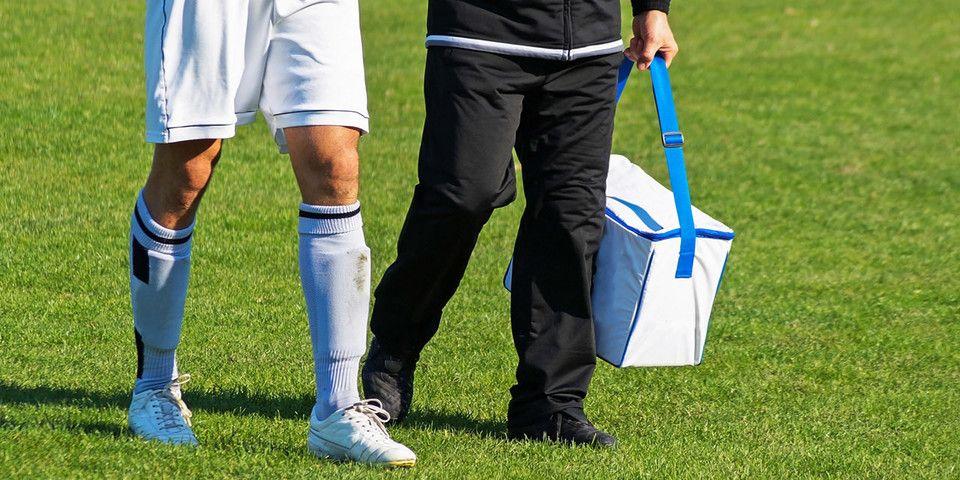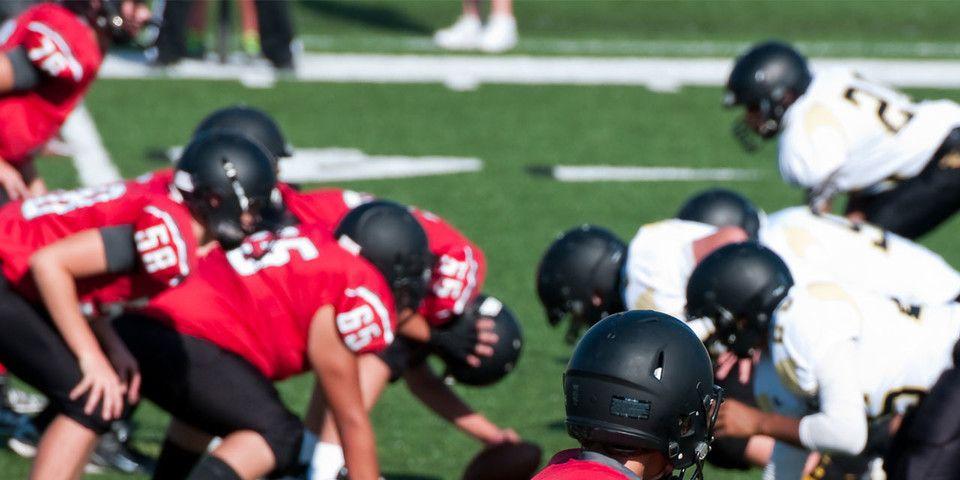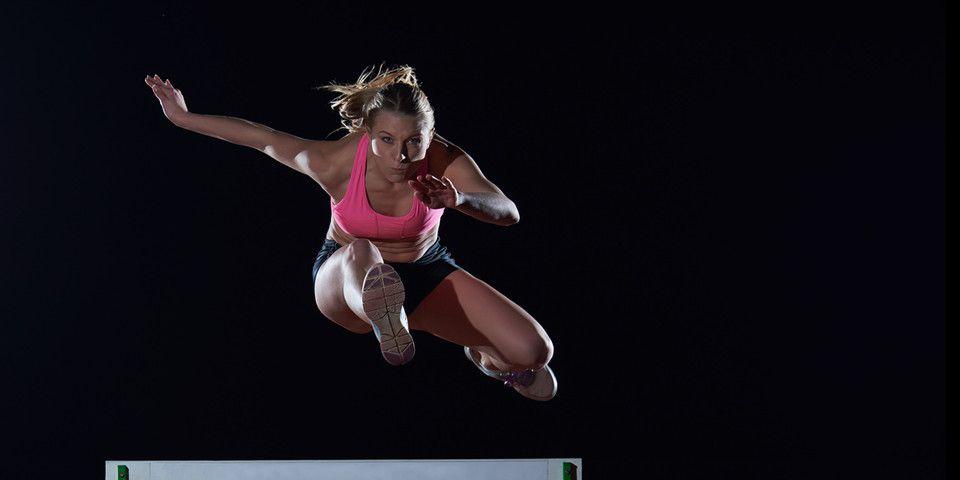Prevent Fall and Winter Sports Injuries With These Strategies
Some sports injuries are unavoidable. For instance, you are running during a field hockey game and collide with another player. Or, you trip on the soccer field and land hard on your side. These are considered acute injuries. Athletes who collide, fall, or are hit by an object cannot typically prevent these sudden circumstances from happening; instead, they must receive treatment afterward.
But what about other injuries that impact your muscles, ligaments, tendons, or bones? What about overuse injuries or those caused by incorrect form? Most athletes do not consider the possibility of getting injured until it occurs. Yet, because so many sports injuries are preventable, the experts at Rothman Orthopaedic Institute recommend educating yourself about injury prevention techniques to avoid pain while playing your sport. With advice from a Sports Medicine doctor near Midtown, you’ll find yourself more prepared and feeling better than ever before.
Seven Injury Prevention Steps to Take Now
-
Create a Routine That Sticks
Adolescents and young adults have hectic lives; as a result, it can be tough to stick to a consistent schedule. However, eating meals, working out, and sleeping consistently every day will familiarize your body with how it should respond (i.e., you will feel hungry around the same time of day with a consistent routine.) This not only has physical benefits but also can provide you with mental clarity and reduced stress levels. -
Warm Up, Cool Down
Your coach has no doubt called for the team to stretch before and after practice. But do you know how imperative this is to your physical performance? Warming up with light stretches and exercises gets your blood flowing and preps your body for movement. Cooling down brings your heart rate down at a safe, gradual rate. Removing either of these steps can lead to increased muscle soreness, fatigue, and injury. -
Eat for Fuel and Hydrate
All athletes need to fuel themselves with a balance of nutrient-dense foods. Healthy sources of carbohydrates, protein, and fats will keep your body energized and prepared for exercise. Also, don’t forget to stay hydrated! Eight eight-ounce glasses of water per day is the standard recommendation, although athletes tend to require more than that. Staying hydrated will help with recovery and keep you focused while playing.
Another consideration: athletes must ensure they are eating enough. Those who do high-intensity exercise almost every day burn a lot of calories which must be replaced. Caloric deficits can lead to weight loss, fatigue, and possibly injury. Talk to your coach or doctor about how much food you should be consuming during your training. -
Cross-Train
Cross-training simply refers to alternative forms of exercise from your primary sport or activity. Doing so helps you work out different muscles groups, creating a more balanced exercise regime. A key benefit of cross-training is not using the same muscles constantly, therefore reducing the likelihood of developing an overuse injury. So, if you are a runner, try boxing a couple of days a week to work out your upper body. Mixing it up also decreases boredom! -
Train for Flexibility and Strength
This fits into cross-training but should be emphasized within the subject of sports injury prevention. Flexibility exercises keep muscles limber, whereas strengthening exercises tone your body, aiding your endurance levels. While the parts of your body you use during your sport may feel in top shape now, flexibility and strength training will keep them feeling good long-term. -
Sleep Enough
High-level athletes know that sleep can make or break you. Insufficient sleep can decrease your energy levels and make you feel fatigued. Plus, without enough rest, your muscles will not be able to recover quickly.
During your training weeks, schedule when you will go to sleep and wake up. As mentioned above, this becomes difficult when athletes have other activities (school, work, clubs, social engagements) to attend to each day. Nevertheless, striving for a set sleep routine will pay off on the field or court. -
Listen to Your Body
With all types of training comes some soreness. However, if you feel pain that does not subside after a few days or gets worse over time, stop training and playing. Consider making an appointment with a Sports Medicine specialist who can evaluate your condition. You may not want to take yourself away from the sports you love, but your body will thank you.
See a Sports Medicine Doctor Near Midtown
For more information about how to prevent sports injuries, or to schedule an appointment with a Sports Medicine doctor near Midtown, please visit us here or contact us at 1-800-321-9999.
Related Specialties
Related Physicians
Related Treatments
Related Services
Related Programs
-

Athletic Training- Sport Medicine Outreach
Our Field Athletic Trainers provide direct sports medicine care to youth, high school, college and professional athletes. Rothman AT’s provide athletic training services throughout Southeastern PA and NJ to interscholastic high schools, colleges, as well as tournaments and special events.Read More -

Injury Prevention Program
The Injury Prevention Program at the Rothman Orthopaedic Institute is dedicated to the prevention of injuries from athletic participation, particularly youth sports.Read More -

Sports Concussion Program
Concussion care is a special focus of Rothman's sports medicine program. We've developed the most advanced multi-disciplinary evaluation and treatment techniques based on research done by the concussion specialists here at Rothman Orthopaedic Institute.Read More -

Women’s Sports Medicine Program
The Women’s Sports Medicine Program at the Rothman Orthopaedic Institute is the first of its kind in the Philadelphia metro area and one of only several such programs specializing in the comprehensive care of the female athlete in the country.Read More





